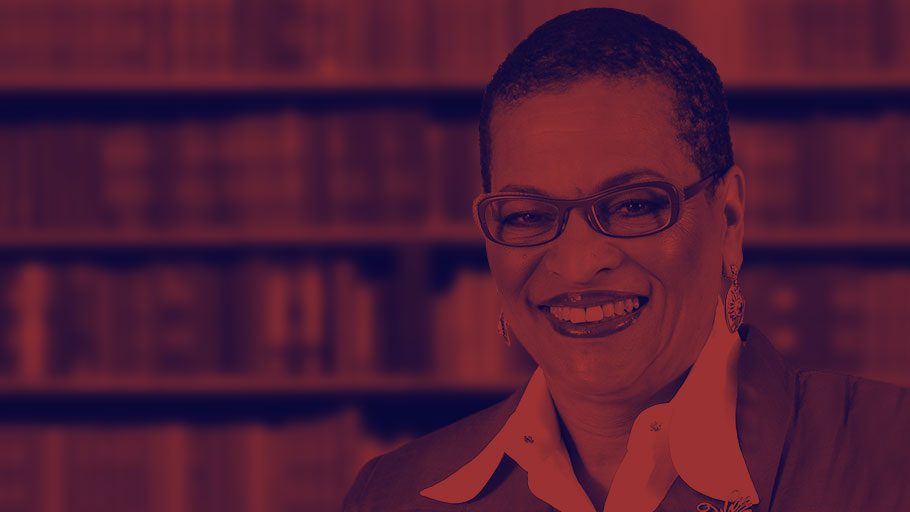Although the overall unemployment rate still exceeds 7 percent, and the official Black unemployment rate is greater than 13 percent, there are some who insist that there is a robust economic recovery in progress. Indeed, we were declared “post recession” in 2011 based on the definition of recovery as GDP growth for three quarters in a row. The perception of whether the recovery is stumbling or soaring depends on your own financial status. White and Asian households headed by those age 40-61 and have a two or four year degree recovered all but 2 percent of their wealth by 2012. Similarly situated African American and Hispanic households had just 58.7 percent of the wealth they had at the beginning of the recession. Wealth recovery depends on race, pre-recession portfolio (which speaks to the racial wealth gap), home value, stocks (the wealthier are more likely to hold stocks than others), savings (lower for African Americans), and debt (higher for African Americans).
Wealth accumulation is important. Even moderate amounts of wealth increase the likelihood that young people these in households are more likely to go to college, more likely to experience upward economic mobility, and more likely, in the next generation, to attain homeownership. Our nation lost more than $16 trillion in wealth during the downturn. Much of it has been recovered, but too many families, especially African American families, have yet to recover. Homeownership among African Americans, especially younger African Americans have declined.
Unemployment also has something to do with the wealth gap, because those who are unemployed frequently draw down on their home value, increase credit card debt, or use other means to simply survive. African Americans are twice as likely to be unemployed as whites are, and there are no existing public policies to both increase employment generally, and to target employment programs to those most in need. President Obama can’t create “Black” employment programs, but targeting employment possibilities to inner city resident is an implicit target to Black America. Targeting to recent college grads that are unemployed and have significant debt would also implicitly favor African Americans (since virtually all African American students graduate with some debt, but nearly 50 percent of whites graduate without debt).
Median wealth among single African American women with children is just $5 according to a Pew study. Average wealth is a bit higher, at $1000. The root of this low level of wealth is a function of unequal income, but more importantly more debt, lower savings, and lower stock ownership. Consider the life of an African American mom. She works hard, raises her children as best she can, may or may not have health insurance (the lack of which can push her into debt), and is likely to have little savings. She is all too often the sole support of her children. If she is the most stable in her family, she is frequently “hit up” for loans by parents and siblings. This, too, contributes to her difficulty to accumulate wealth.
Wealth gaps were significant even before the recession, with African Americans less likely to own homes, hold stock, or have significant savings. Not only were African Americans more likely to have debt, but also African American debt was more likely to come from high-interest credit card debt, while others had lower-interest bank debt. Can the gap between African American wealth and that of others ever be closed? It’s unlikely given that unequal wealth is a function of history. In other words, income is a snapshot of what is happening today, but wealth is the history of you and your family. The very wealthy pass on estates that may shape life chances for several generations. Those who were enslaved, generally, had little to leave. Often those who were thrifty enough to accumulate found their wealth blatantly stolen by envious whites. The destruction of Black Wall Street had nothing to do with the fact that a black teenager allegedly jostled a white woman in an elevator, and everything to do with the thriving Black middle class in Tulsa, Oklahoma.
The next time you hear about economic recovery ask “whose recovery has this been?” Some have escaped from the Great Recession unscathed. Others, especially some African Americans, Latinos, the young, and those who remain unemployed, have yet to experience economic recovery.















